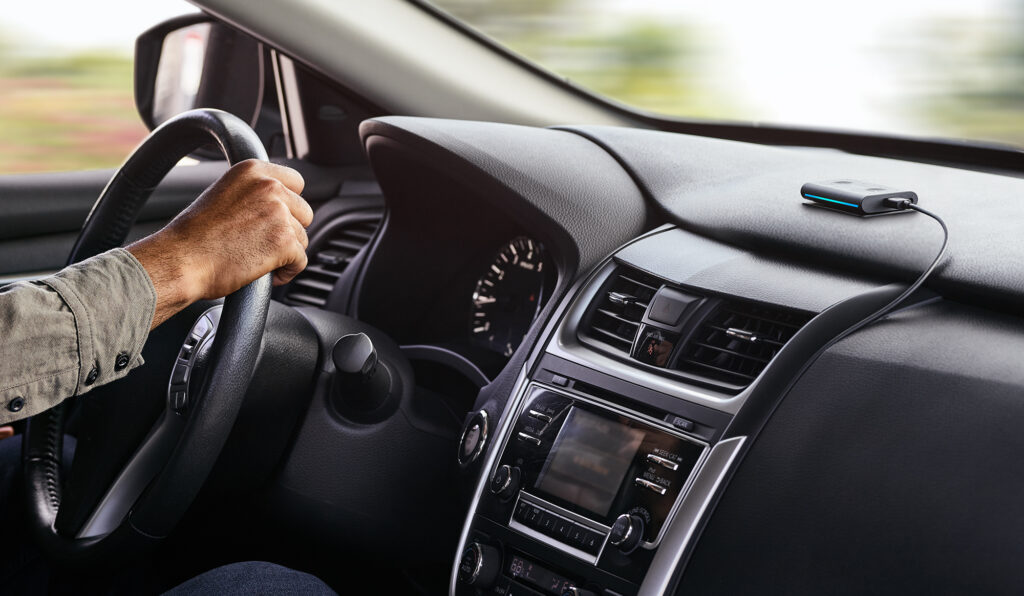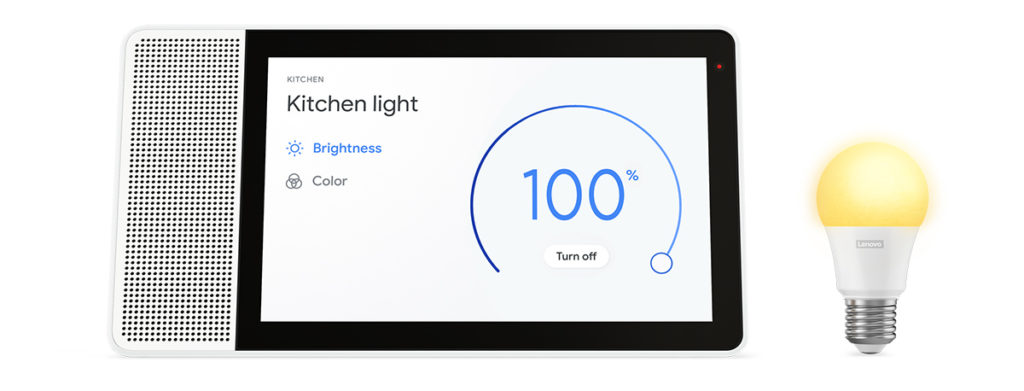This week Kevin and I spend more time reviewing gadgets than on news. First, we hit the latest update for Z-Wave which basically makes it easier to grab a new Z-wave device and get it on a network. Then we talk about vulnerabilities in medical devices before turning to the new Wyze camera person detection. I also review the current state of the Wyze light bulbs which I have in early release. In the smarter device side, Google may be testing some form of package delivery recognition for its doorbell, while ADT has created its own doorbell. Ikea has made some new smart lights, which are more expensive than the Wyze bulbs, but a bit brighter. Google’s new local home control is in developer preview and I offer impressions on the Amazon Echo Auto device. We also answer a listener question about smart buttons for SmartThings.

Our guest this week is Guneet Bedi, VP of global sales at Relayr, who discusses the role of insurance firms in making IoT business models possible. For example, insurance provider Munich Re, which owns Relayr, now provides guarantees behind “as a service” IoT business offerings for smaller companies who may need the backing of a big insurance provider to get customers over the hump of trusting a big operation to a smaller company deploying untested technology. We also talk about the mismatch in revenue coming in when a product company tries to implement a product-as-a-service model and how financial firms might step in to help. It’s a look at how the IoT can and will affect balance sheets in the near future.
Hosts: Stacey Higginbotham and Kevin Tofel
Guest: Guneet Bedi, VP of global sales at Relayr
Sponsors: Dell Technologies and Afero
- The Z-wave Alliance makes it easier to get products online
- Wyze bulbs are a nice product for a nice price
- Put Alexa in your car if Android Auto or Apple CarPlay isn’t for you
- Insurance can play new roles in the industrial IoT
- How to match new business models to changing revenue streams
Podcast: Play in new window | Download | Embed
Subscribe: RSS

